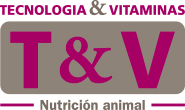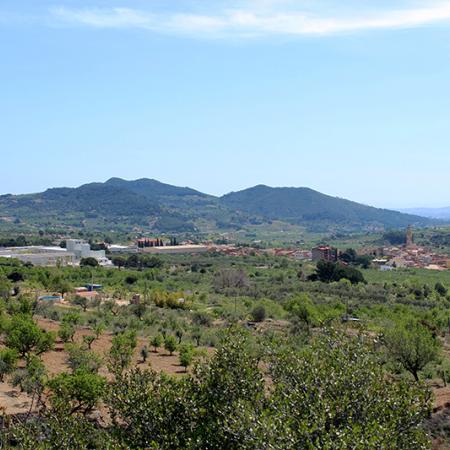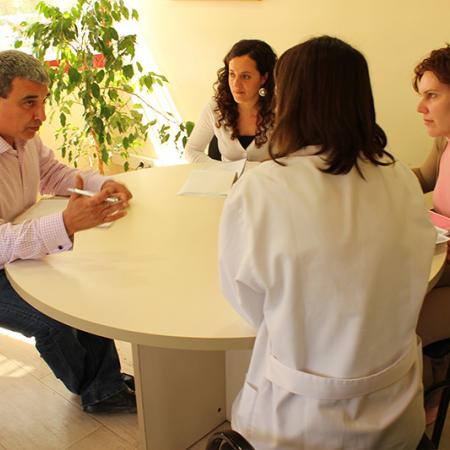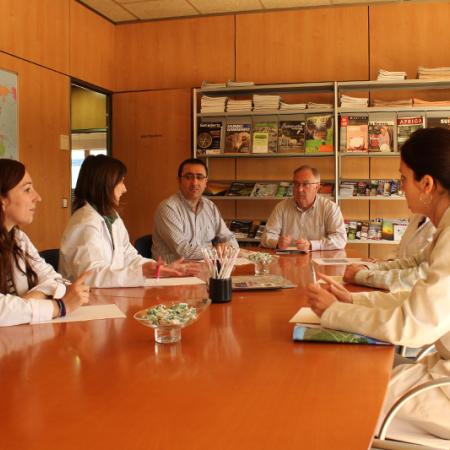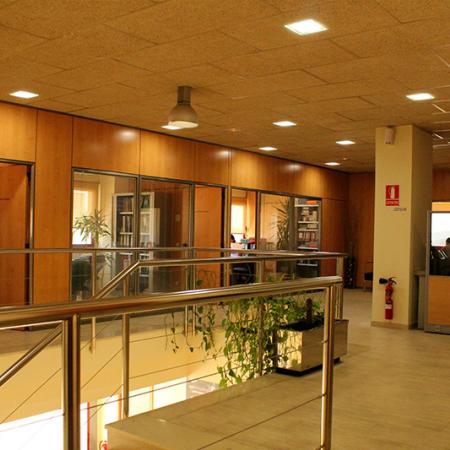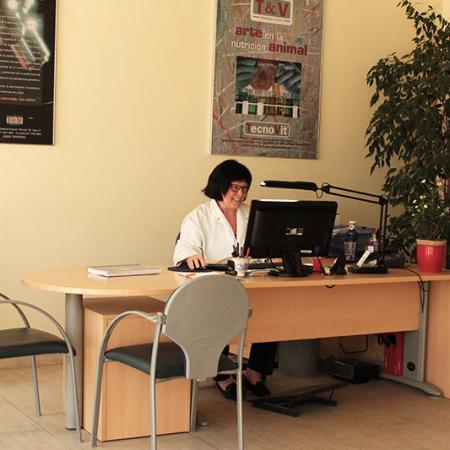Characteristics of highly productive dairy cow feeding
Dairy cows’ high milk production and intensive metabolism require feeding regulations taking into account physiological state, the period and even the months of lactation.
Highly productive dairy cow feeding is different from the nutrition of the cows of medium and low productivity. This is due to the fact that these animals’ organisms are subjected to a higher stress during a dry and lactation period; therefore, their nutritional needs are elevated and require the use of high energy diets.
The use of high –energy diets can not only improve the dry matter intake, but also achieve the maximum performance of the genetic potential. The problem is that the feed intake does not augment with the increasing milk production, but the nutrient loss grows because of the influence of lactation process.
The cows’ nutritional needs depend on the quantity of energy, vitamins and minerals excreted with produced milk. Thus, a cow which produces 4000 – 6000 kg of milk loses 2,4 – 3,6 kkal of energy, 144 – 220 kg of protein, 150 – 200 kg of fat, 200 – 300 kg of sugar, 6,0 -9,0 kg of calcium, 4,5 - 7,0 of phosphorus and other vitamins and minerals per lactation period.
The existing nutritional standards for dairy cows represent the evaluation of the diets according to the following nutrients: dry matter, energy, crude and digestible protein, crude fibre, crude fat, amino acids such as methionine, lysine, threonine, tryptophan, arginine and histidine; calcium, phosphorus, magnesium, potassium, sulphur, cobalt, copper, zinc, iodine, manganese, selenium and vitamins A, D and ?.
Highly productive dairy cows’ needs in minerals are represented in Table1:
Dairy cows’ needs in minerals with the milk production 8000 kg per lactation | |
Mineral | In 1 kg of dry matter in the ration |
Salt, g | 6,0 |
Calcium, g | 9,5 |
Phosphorus, g | 5,6 |
Magnesium, g | 1,9 |
Sulphur, g | 2,1 |
Iron, mg | 68 |
Copper, mg | 9,7 |
Zinc, mg | 49 |
Manganese, mg | 49 |
Cobalt, mg | 0,7 |
Iodine, mg | 0,7 |
The balance of energy, protein, vitamins and minerals is achieved with the use of feedstuffs and feed premixes.
- 2277 reads
Adjusted production

Tecnovit present two standard production lines, products in powder and liquid. Discover the exclusive use of containers as the product being manufactured.
CDTI Development

The Center for Industrial Technological Development (El Centro para el Desarrollo Tecnológico Industrial (CDTI) is a Public Enterprise under the Ministry of Economy and Competitiveness which promotes the innovation and technological development of Spanish companies.
